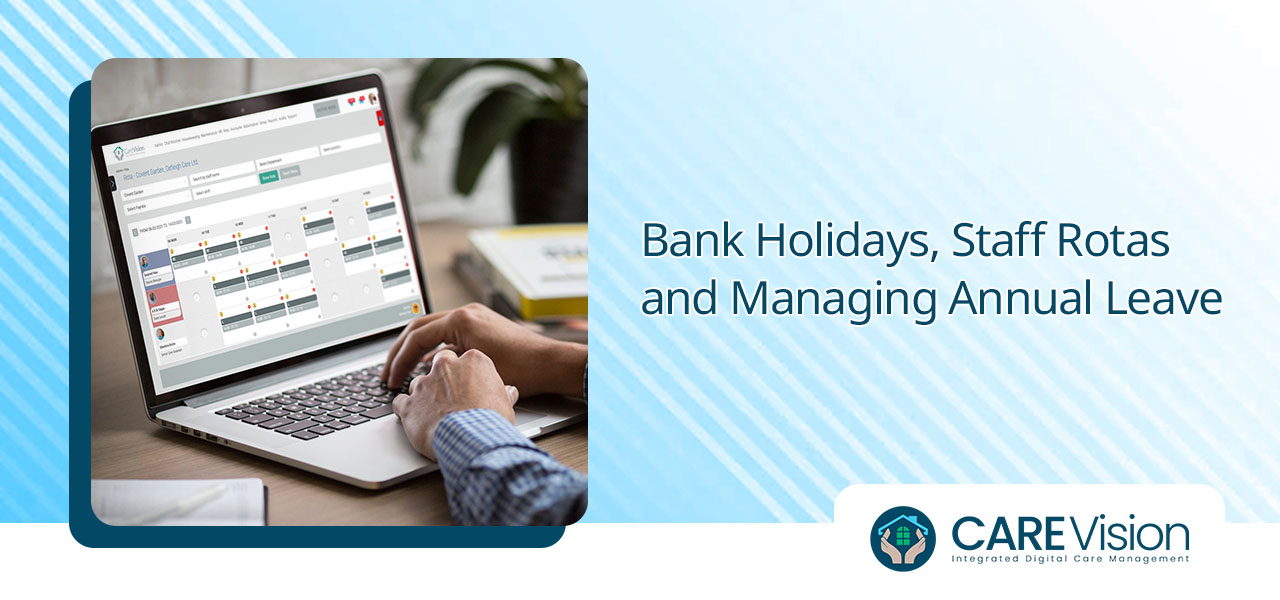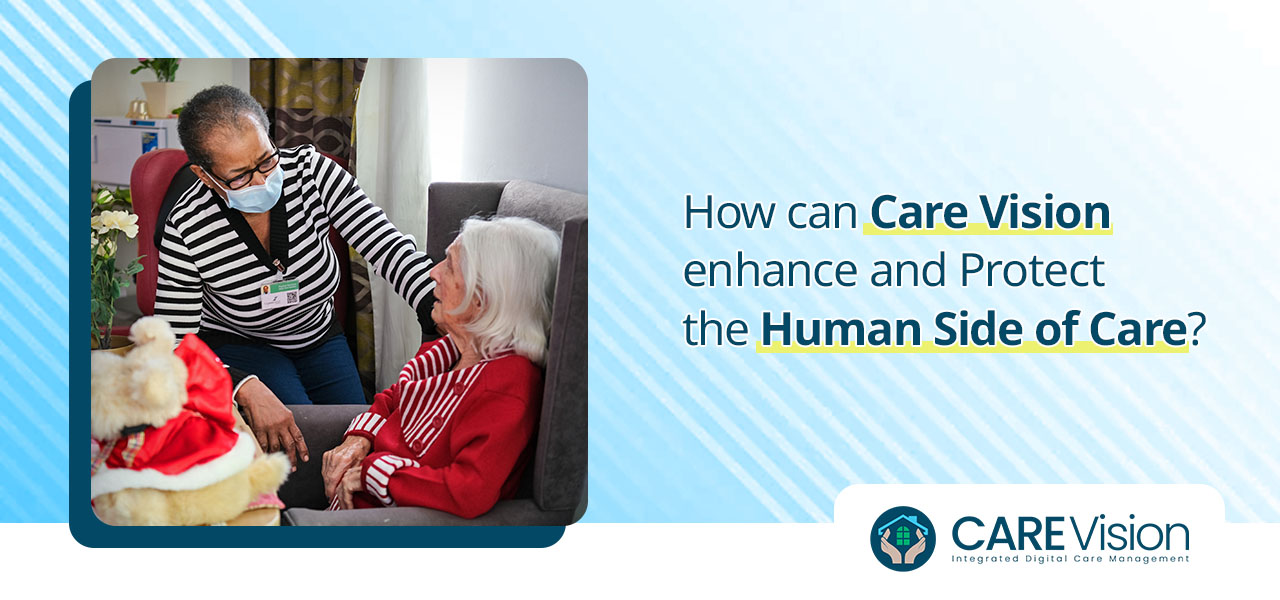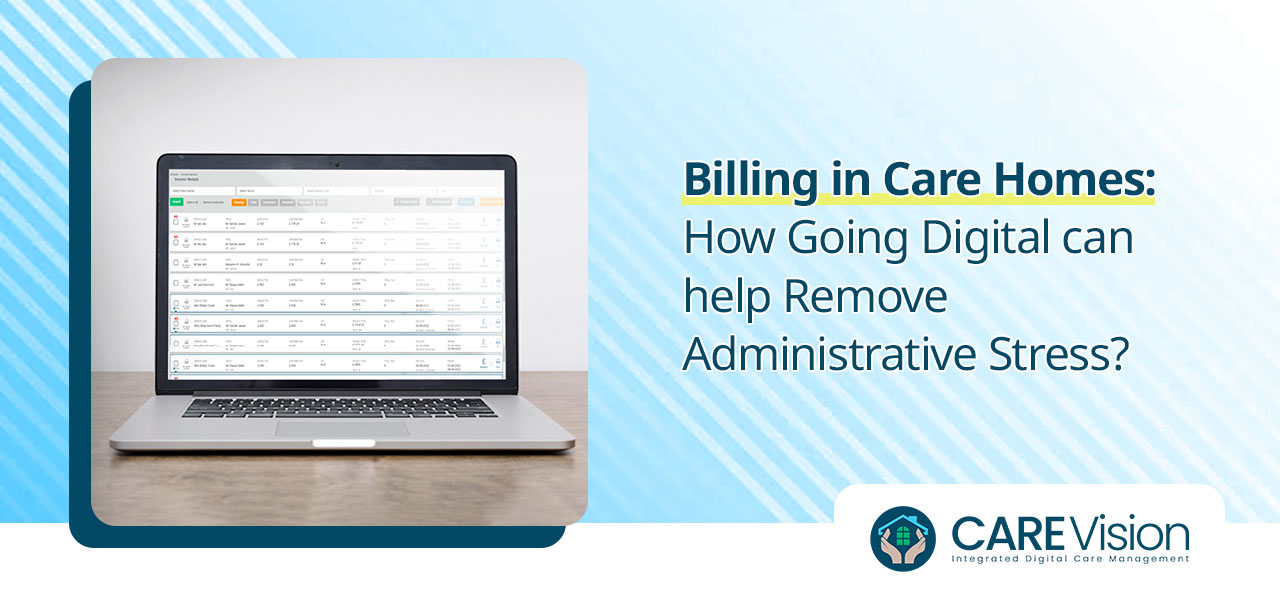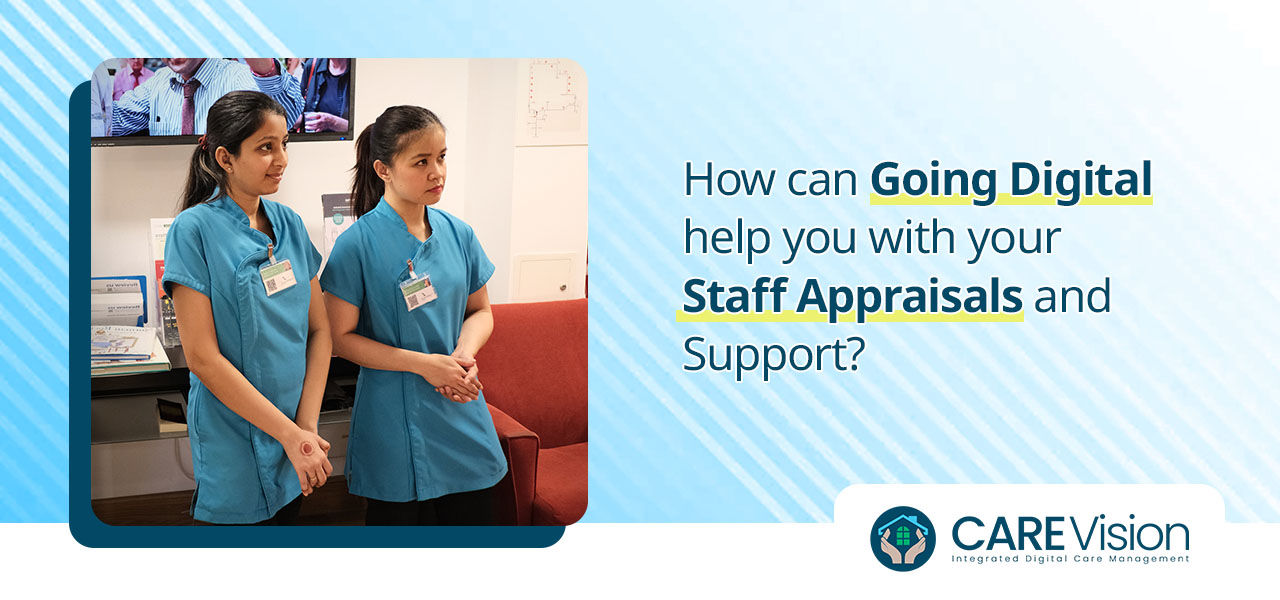Getting the care home staff rota management is one of the most important aspects of care home management. You cannot keep your residents happy, safe and well looked-after without the right number of staff on shift. Knowing how many employees to include in a shift is one thing, but you also need to work out the best mix of people to have working together. It is key to achieve the right balance of skills, experience and personalities. This is just as important for employees as it is for residents.

Why is Getting The Care Home Staff Rota Right so Important?
So, organising a care home staff shift or working on care home rota management is no easy task. Alongside all the reasons listed above, getting the care home staff rota right is essential for many more reasons. The average weekly cost of a residential care home place is a little over £700. That’s a lot to spend on sub-par care. People are free to look elsewhere is they are unsatisfied. Ensuring they receive good quality care is top of most people’s lists when looking for residential care.
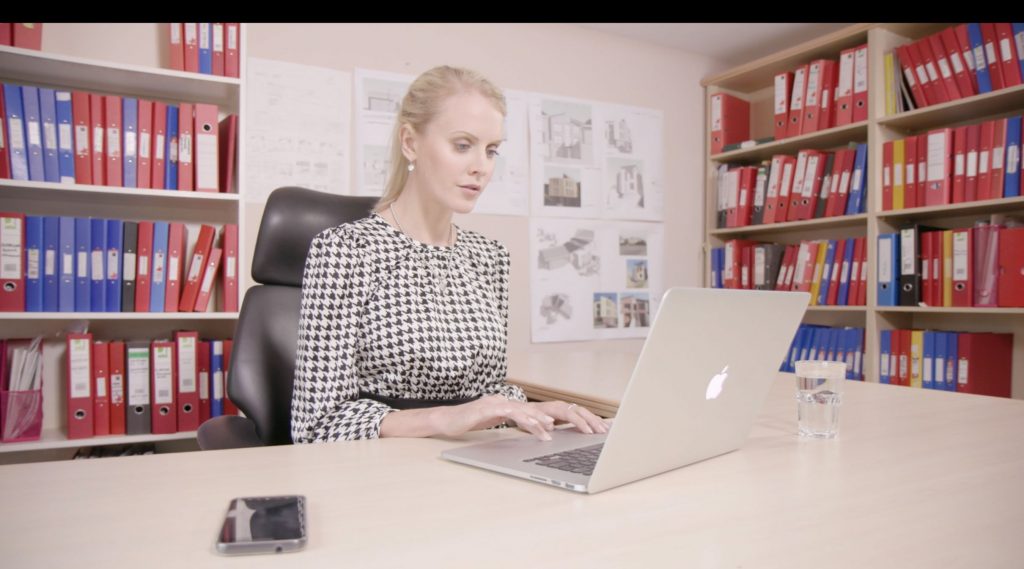
Here are three areas that you need to consider when working on your care home shift and rota management. Going digital with care home rota software can really help you get to grips with planning and save lots of time. Meanwhile careful consideration must be given to the ‘demanding’ shifts. For instance, night shifts and specialist care for residents with living with dementia. Finally, don’t forget to look out for your own people, as they are your greatest asset.
1. Have You Gone Digital?
Moving from a paper-based rota management system to digital software can truly transform the process from a cumbersome nightmare to streamlined, easy efficiency. Good quality care home management software comes with interactive rota and shift management capabilities for easy scheduling, easy data retrieval and safe, confidential storage. You can set up your care home staff rota to match your organisation’s particular routines and change details around at the touch of a button.
Additionally, the system enables you to send reminders, generate reports and cross check for clashes. You can customise your rota management as much as you like. Automated systems are also really useful for ensuring your staff are not working over their legal hours or being asked to cover ‘anti-social’ times too often, such as Christmas or bank holidays. You can ensure that individual residents’ needs are fully met. For example, if someone requires specialist care, has religious considerations (e.g. female carers only) or states a personal preference for one carer over another.
2. Demanding Shift and Rota Management
Rota management becomes harder when it comes to planning for nights, or for residents requiring a higher level of skilled care. These considerations require moreattention to details. For instance, which staff have the right skills or are best suited to caring for certain residents or covering different times of day or night. Night shifts are not easy on the body. It can be hard to stay awake and alert, especially in the hours just before dawn. Make sure you aren’t asking the same people to cover nights. Include management in the night shifts to show solidarity and to keep a quiet eye on anyone you might suspect could be more prone to falling asleep on shift.

Ensure that the people chosen for harder shifts have the right skills, humour and personality to cope. You may need to invest in further training for staff members asked to cover more specialist care such as resident who have dementia. Other training priorities might include areas like safeguarding, manual lifting, health and safety and emergency medical care.
3. Caring For The Carers
As suggested at the very start of this article, a care home manager’s people are their most valuable asset. Understanding their needs and motivations is the only way to ensure a successful care home staff rota. So, listen to anyone who expresses concerns about their work and see what can be done to help. Invest in training and adequate support to enable them to do their jobs.
Don’t ask the same people to cover the harder times. Share the load of coming in overnight, at Christmas and on other public holidays. Show your face regularly so that they know you understand and support them in their work. Prioritise their safety and wellbeing as much as that of your residents. If you don’t do all of these things, experienced carers could grow resentful and leave. Newer staff members could feel unsupported and anxious. This could lead to errors and misjudgements in residents’ care.

